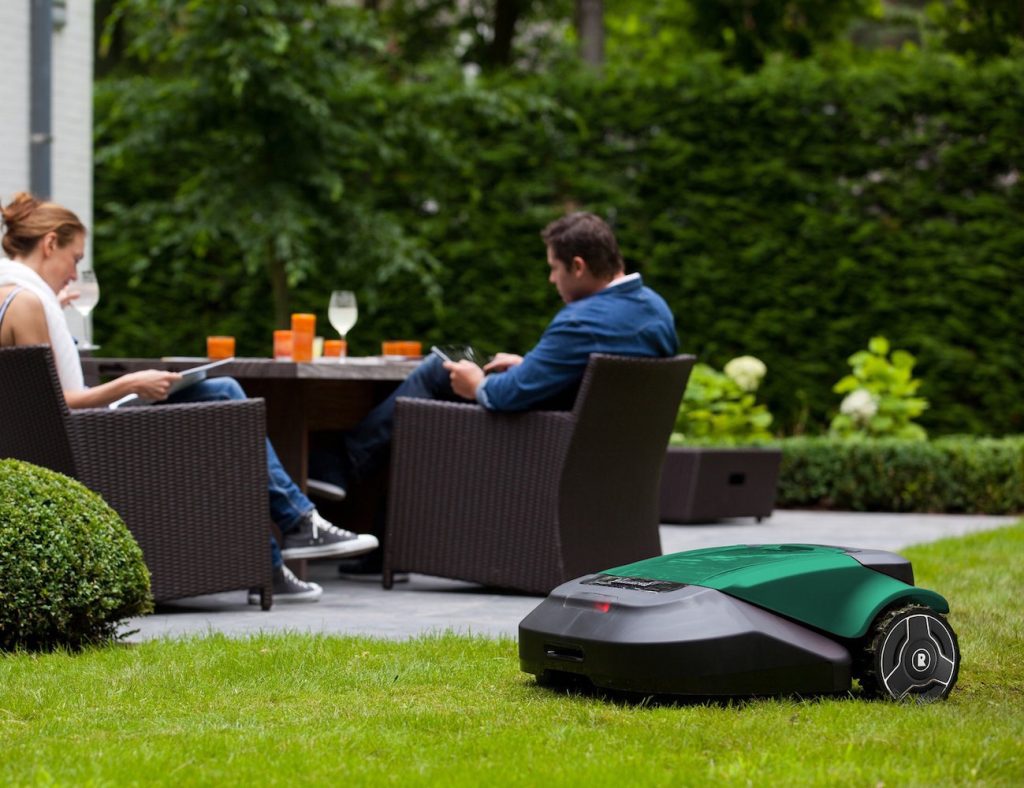
A new year brings a new way of thinking into several facets of our lives. And landscaping is no exception! If you want to keep up to date with what’s happening in the world of outdoor living, we’ve put together a list of the top 2023 landscaping trends.
Water Conservation
With ever-increasing threats of drought and wildfire, water conservation in landscaping has been trending for several years now. And we don’t see that changing in 2023. Choosing drought and heat-tolerant native plants, collecting rainwater and paying extra attention to water runoff will all be top landscaping trends in 2023.
Eco-Friendly Outdoor Furniture
Eco-friendly initiatives don’t stop with the type of plants you choose to use in your landscaping endeavours in 2023. Choosing outdoor furniture that uses sustainable materials is another way your landscaping decisions can have a reduced impact on the environment. Reclaimed woods, recycled plastics and sustainable materials such as bamboo and cork can all play a role in making your landscape environmentally friendly.
Accessibility
It’s been a long time coming, but keeping in mind the needs of differently-abled people has finally made its way into the mainstream landscaping profession. Pathways are becoming wider and smoother, ramps are favoured over steps and furniture is being made more convenient for those with mobility issues. Not only does thinking about accessibility help those who are differently-abled, but it can also help those with newborns get around much more easily.
Wildflower Meadows
No law says that the land surrounding your house has to be planted with large, uniform plots of Kentucky Bluegrass – at least not in most places! Swapping out your lawn for a wildflower meadow is not only aesthetically pleasing, but it’s also environmentally sound. Wildflower meadows encourage pollinator development, eliminate the need for mowing, reduce reliance on fertilizers and ultimately look great.
Smart Technology
Smart technology hasn’t only revolutionized the indoors, it’s being used to make things easier for you outdoors as well. Smart technology can be used to improve irrigation systems, help with garden planning, predict the weather, extend and retract awnings, monitor soil conditions and much more.
